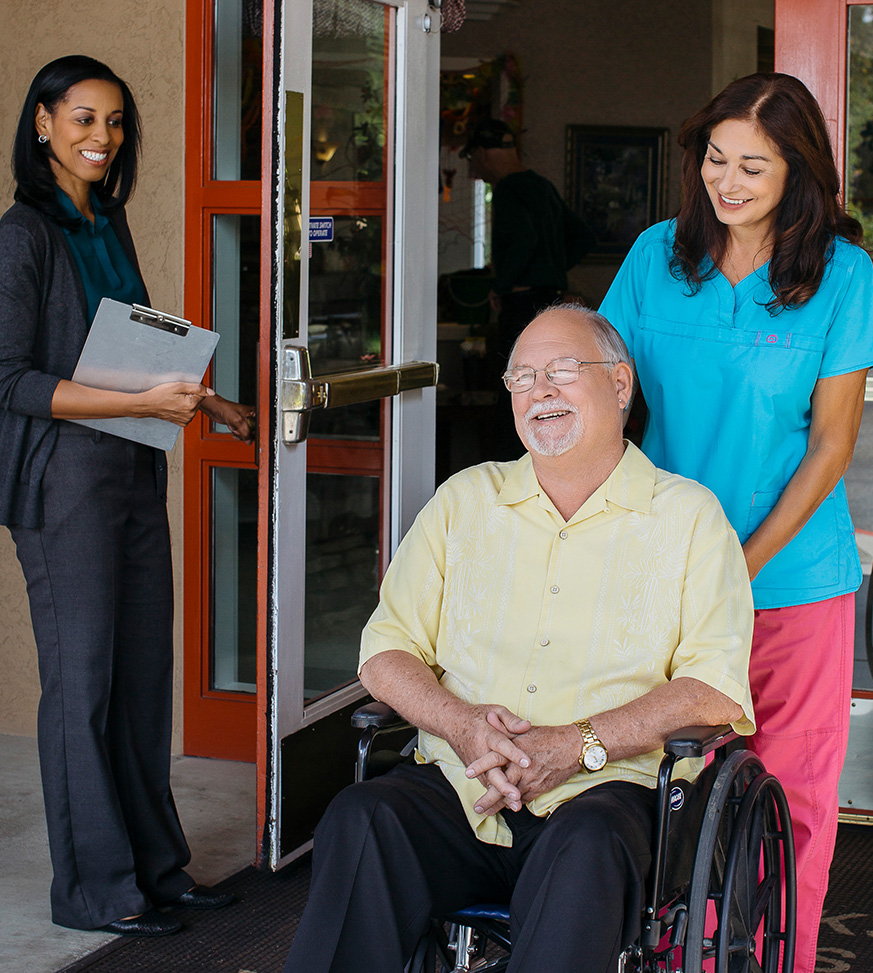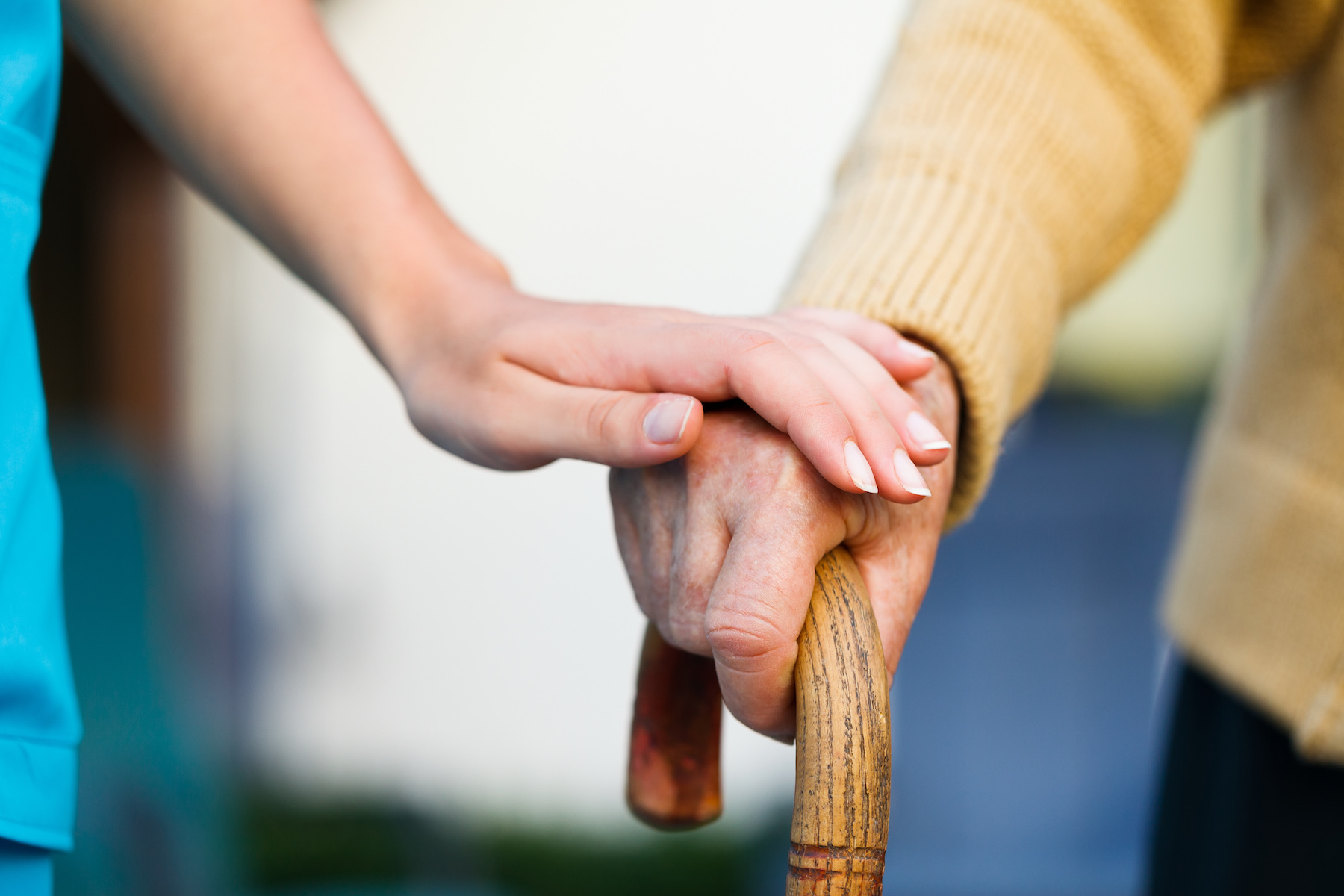Maintaining Better Cognitive and Brain Health in Aging

As your body ages, your brain does too. Staying active and involved with a variety of activities can help keep your mind sharp and reduce risk of depression, dementia, and other conditions. It can also stimulate your brain to continue building new neural pathways. This can promote better overall cognitive health and function.
Exercising your brain can be easier – and more fun – than you think. Here are a few ideas to get started.
Keep Physically Active
Engaging in regular physical activity to improve cardiovascular health, strengthen muscles and joints, and manage weight can also have a positive impact on your cognitive function. Your brain and body are intricately connected. Aim for at least 150 minutes of moderate physical activity per week encompassing both cardio and strength training exercises. Find something you enjoy such as walking, jogging, swimming, biking, dancing, Pilates, or a group fitness class.
Work with Your Hands
Strengthen your mind by practicing activities that involve your hands like woodworking, playing piano, knitting, or other craft making. They require you to coordinate your movements and focus on detailed tasks.
Stimulate Your Brain
Keep your brain active by doing crosswords, word searches, Sudoku, word games, jigsaw puzzles, card games, chess, checkers, and other board games. You’ll be practicing critical thinking, logic, deductive reasoning, strategy, and more. Instead of simply going through the motions, you’re forced to think about what you are doing.
Learn a New Hobby
You’re never too old to learn something new. Pick up an old hobby that you haven’t done in a while and start practicing again or try something you’ve never done before but that has always interested you. As you figure out how to do it and keep improving your skills, it trains your brain and encourages it to work in different ways.
Stay Socially Engaged
Spending time with friends and family is good for your cognitive health and helps ward off depression. Make it a point to schedule regular get togethers, whether it’s visiting someone’s home, going out to lunch, doing an activity, participating in a club, or volunteering.
Reduce Fall Risks
One cause of cognitive decline in seniors is brain injuries, which can occur after a fall. Engage in activities to improve your balance and coordination, regularly check your home for any tripping hazards, get a good night’s sleep, and pay attention to potential side effects from medication that may affect your balance.
Promoting Better Brain Health
Many of the activities you already enjoy and the healthy habits you have adopted can support cognitive function. Small changes can make a positive difference, so look for opportunities to stimulate your mind and exercise your brain.
An in-home caregiver can be a wonderful source of companionship and help you reduce your risk of falling at home, escort you to different activities or appointments, prepare well-balanced meals, and more. Contact Always Best Care at (403) 768-4454 to schedule a free consultation and learn more about the benefits senior care services can provide.





